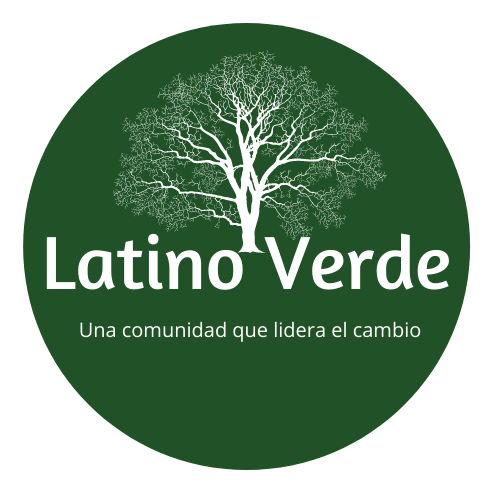Jorge Figueroa: the Caribbean man working for the environment
Jorge Figueroa has always considered himself a "sato of the Caribbean". Like a dog of many breeds and from everywhere, he explains. He was born in the Dominican Republic, but grew up in Puerto Rico, where his father is from. His mother is Cuban and now lives in the mountains of Denver, Colorado, in the United States. For a year, he also moved to India, where he worked with elephants and community forests. He has been a lawyer, a poet and an advisor to governors, but he sees himself first and foremost as an environmental worker. Figueroa, who is also the founder of "El Laboratorio", a project that seeks to promote food security in Puerto Rico after Hurricane Maria, has taken a keen interest in urban water conservation. In fact, he leads the River Sisters Partnership, an initiative that began in March 2018, alongside Mayor Hancock of Denver and Mayor Reina in San Luis Rio Colorado, Mexico, to restore the Colorado River. Latino Verde spoke with him to learn more about his work.
Latino Verde: How do you see the connection between water and urban planning?
Jorge Figueroa: For example, in the western United States, it has been estimated that the problem that will drive the water crisis is not agriculture, but urban growth. In Colorado, median projections say that growth is expected to add five cities the size of Denver in the next five years, but this growth will be precisely in the driest area of the state. So you have to plan cities with that in mind.
LV: And how do you create that solution?
JF: We are changing public policy so that there are workshops where city planners come together with water operators. So the planners can think of smart strategies to plan the urban area around water and the water experts help them on how to conserve water in the process. In fact, in this state it will now be mandatory for 80% of communities to live in cities where this joint planning has been done,
LV: How does poetry engage with this?
JF: We are now in a huge ecological crisis. And even though we have put billions of dollars into the environmental movement, we are still in crisis. This has to do with the fact that, because of the money, the corporations that are burning hydrocarbons have had control of the narrative. They have paid the best writers and storytellers in the market. So there is an immense responsibility on writers and poets to beat them in that narrative that told us, for the last 30 years, that climate change doesn't exist.
LV: How do you involve people?
JF: Thinking about environmental justice, an area that focuses on communities that have been systematically subjected to environmental injustices. For example, living in cheaper places is also living where thermoelectric plants are located or toxic waste is dumped. And the communities that have had the least resources are Latino communities. Seventy percent of them live in these kinds of places, so you have to work with them.
To learn more about Figueroa or the initiatives he leads, visit River Sister Cities/River Sister Partnership.
Our Stories
In this series we connect with environmental organisations and leaders who are actively working on environmental challenges related to conservation and climate change. We also highlight issues related to policy engagement at local and national levels, and resources for potential career opportunities in the areas of conservation, environmental science (geoscience) and the "clean economy".

